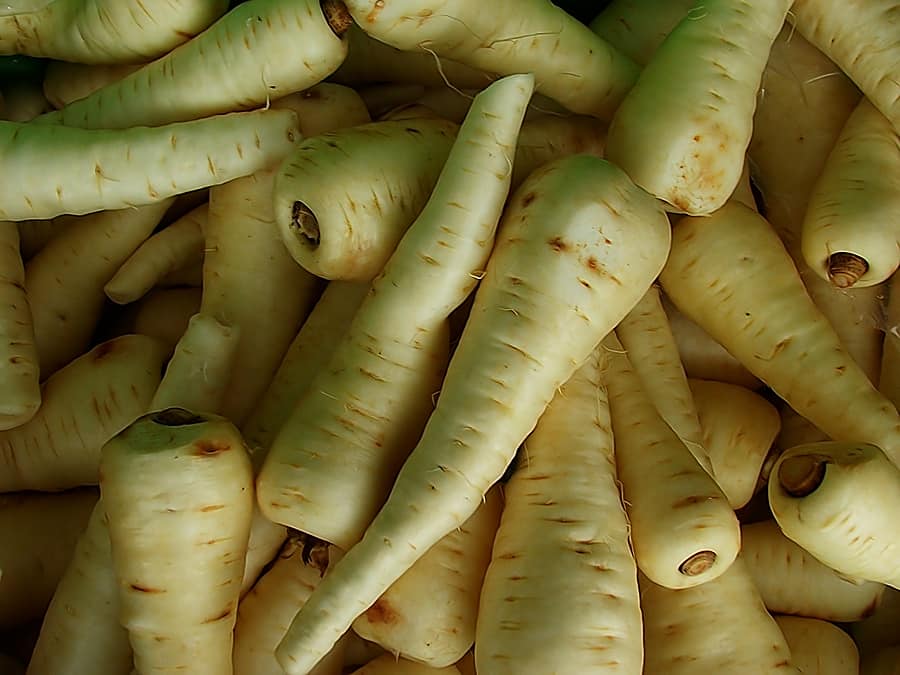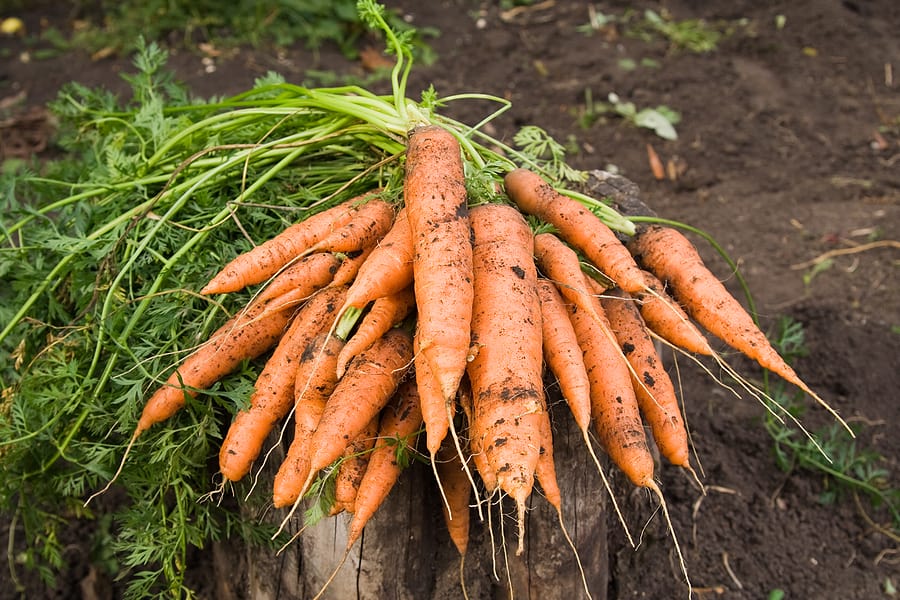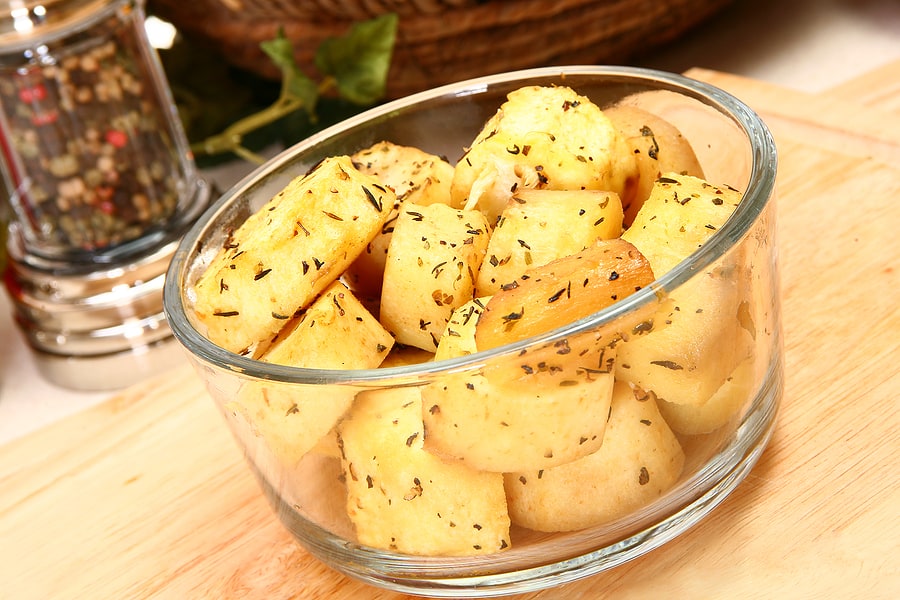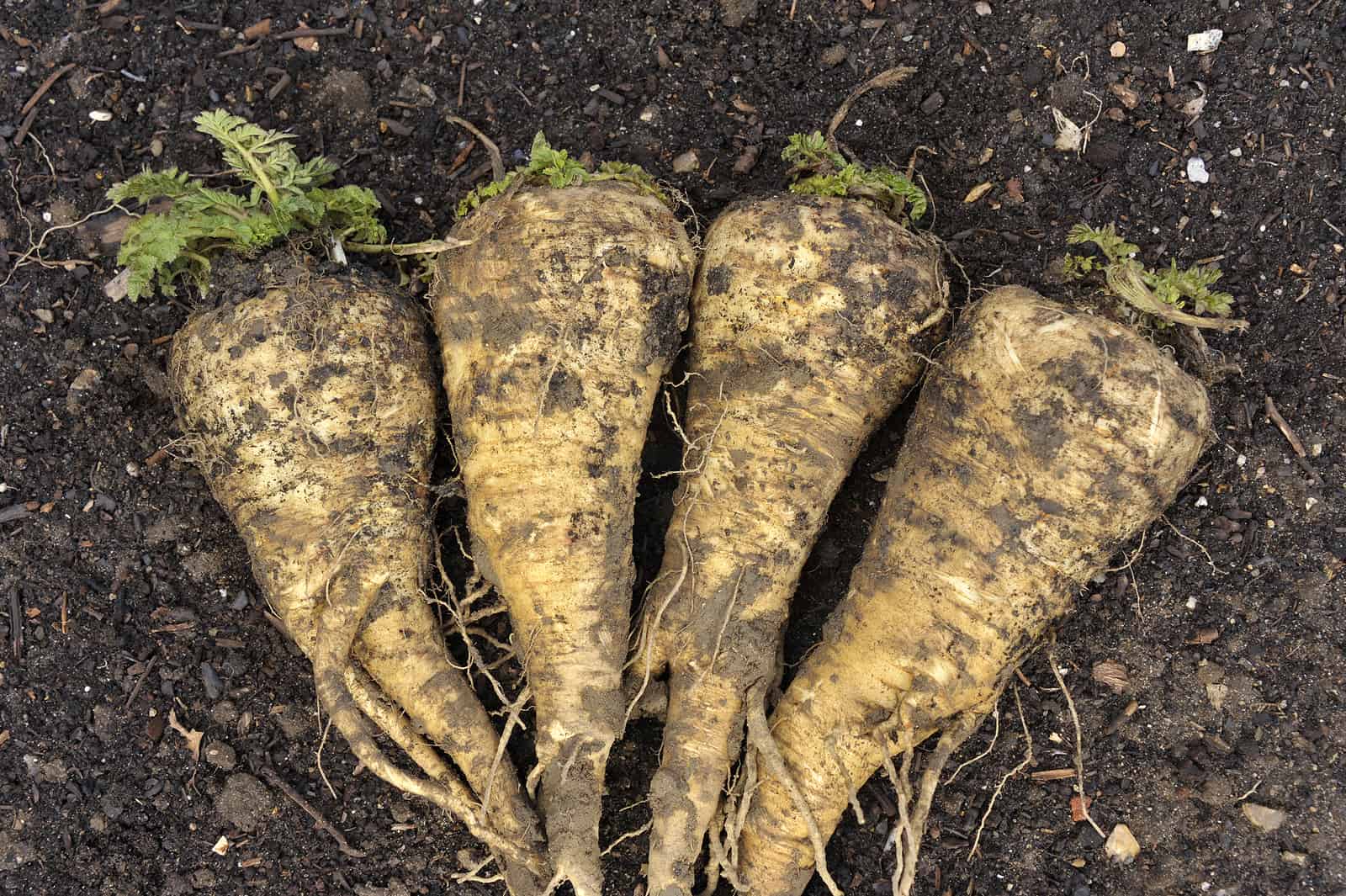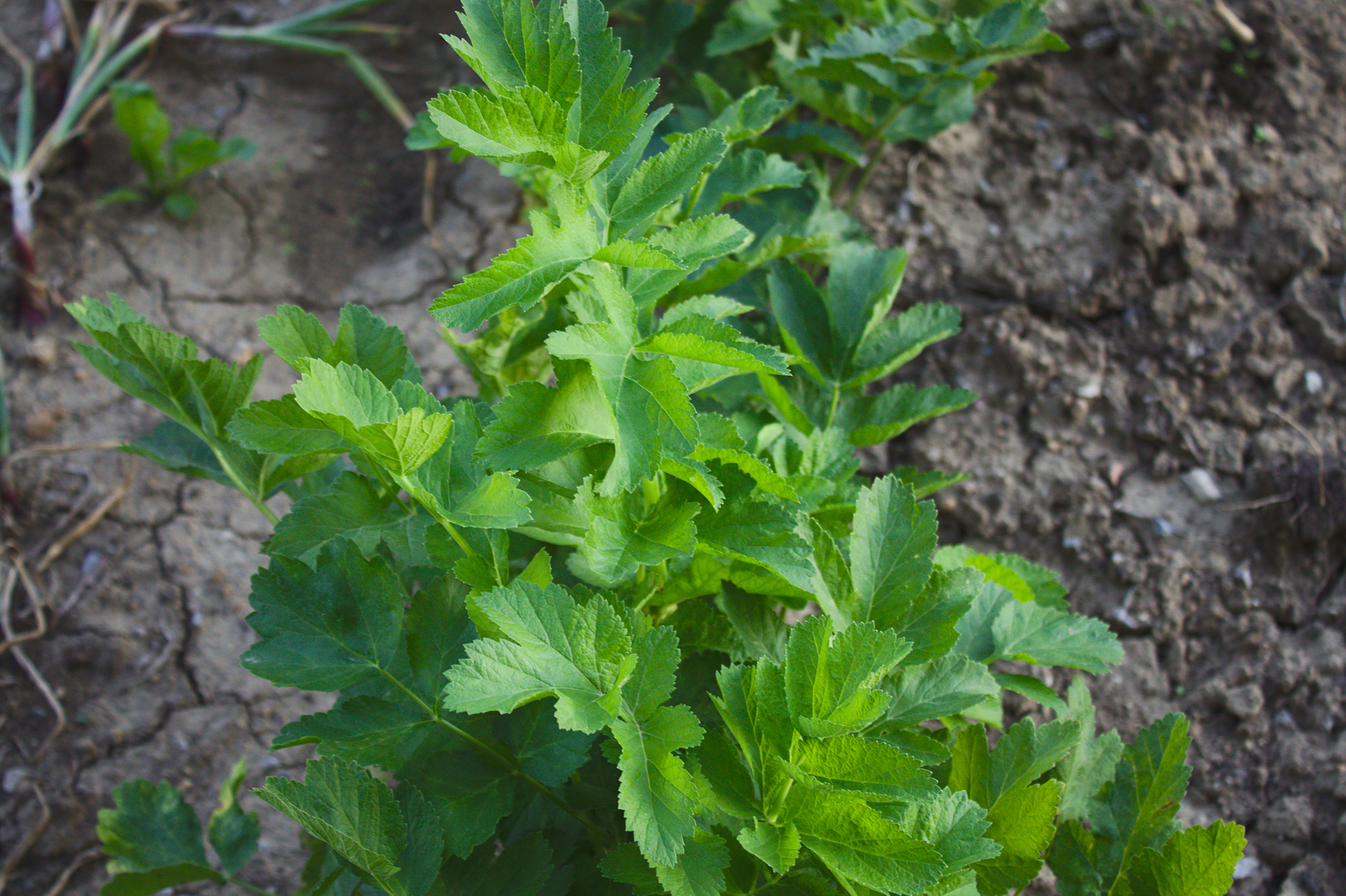Parsnips
Latest stories
More stories
-
Five Quick Ways to Cook and Serve Parsnips
Parsnips can be peeled, sliced, and sautéed or steamed like carrots. You can boil and mash them with butter and cream like potatoes. Parsnips can be cut into chunks and added to soups or stews or baked in the oven with meat stock and butter. Roast parsnips with beef, pork, or chicken. You can parboil […] More
-
How to Harvest and Store Parsnips
Harvest parsnips in autumn and winter. Where the ground freezes hard in winter, harvest parsnips before they freeze. Where the ground does not freeze, parsnips can be harvested from the garden as needed. Parsnips overwintered should all be lifted before new growth begins in spring. Related articles: When to harvest parsnips Kitchen Helpers from Amazon: […] More
-
Parsnips Seed Starting Tips
Parsnips are a cool-season crop. They are commonly planted in late spring for harvest in autumn, or they are planted in late summer for harvest in winter or early spring. Parsnips are the most frost-resistant of all vegetables; they can be left in the garden over winter in even the coldest climates. Sow parsnip seeds […] More

